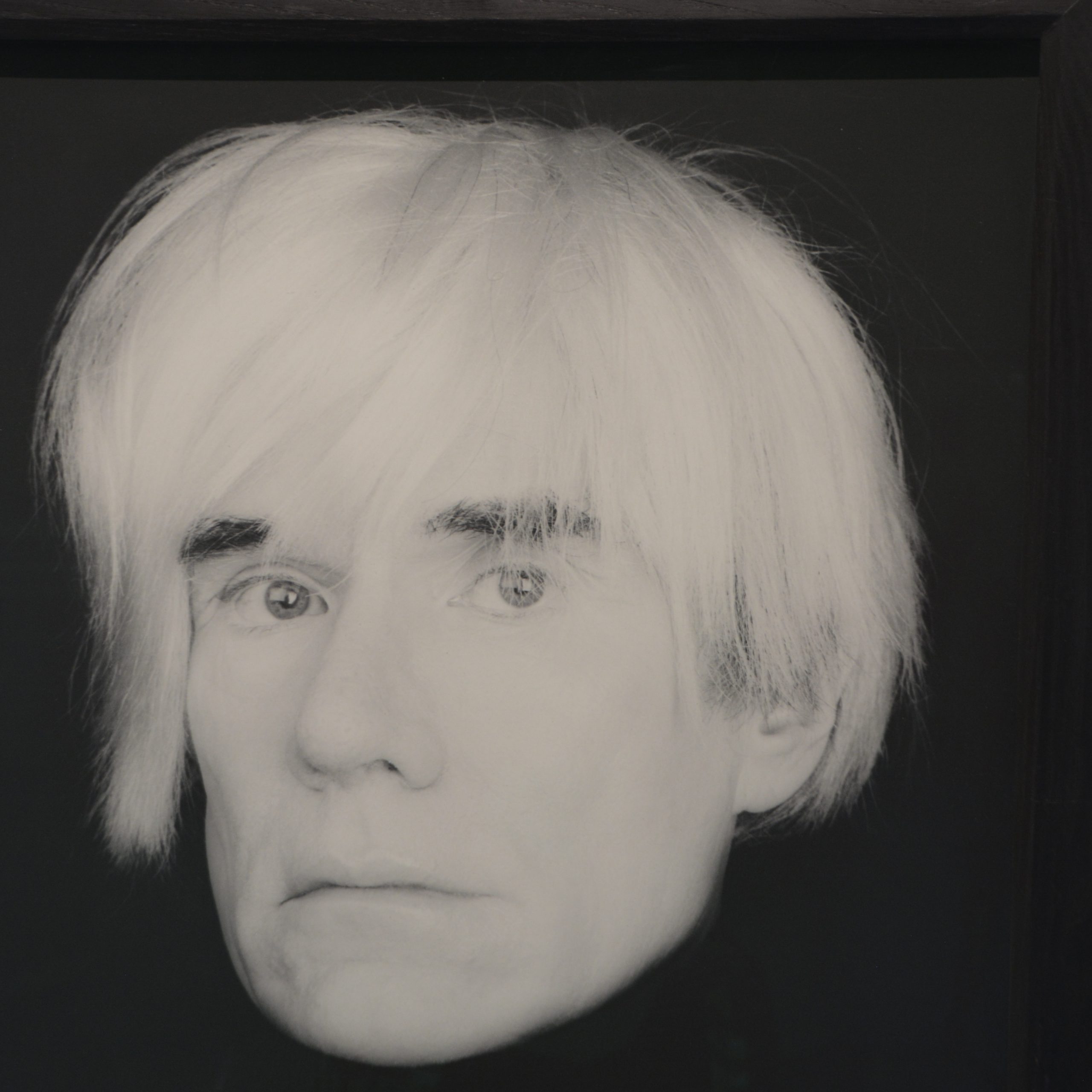At the beginning of the 1977 George Lucas film “Star Wars: A New Hope,” the young hero Luke Skywalker finds a droid called R2D2 and as he begins to clean it up, he pushes a button and then hears a message from a beautiful princess who pleads: ”Help me, Obi-Wan Kenobi, you’re my only hope.” This scene starts off the first of what would be nine films in the “Star Wars” series which are all about the hero’s journey. Joseph Campbell is the famed mythologist whose book inspired George Lucas to write the series.
The story of Luke Skywalker demonstrates the experience of the elite athlete. Often at a young age, the gifted athlete will receive a message either from a parent, a coach, a team or the media that they have a special gift. In psychoanalysis we call this “the gleam in the mother’s eye” and this gleam is heard by the young athlete.
I have treated Olympic gold medal winners, superstar professionals in golf, tennis, baseball, lacrosse or figure skating and they all tell me of a moment when they were young and received their calling to dream the impossible dream.
This is called the creation of “the ego ideal.” Freud was the first to describe this process and he felt it does not happen to everyone but only the rare few who have special genetic gifts. Phyllis Greenacre described the gifted child as following a different developmental pathway by attaching to the external environment rather than to the parents.
French psychoanalysts thought the ego ideal was an image of the perfect self towards which the ego should aspire. Rollo May and Abraham Maslow were existential psychologists who said our potential always impels or demands that we actualize it. Rollo May felt that many fear their true potential and his theory goes far in explaining why so many athletes choke coming down the stretch and why so many seem to fear the anxiety of success.
You may recall the scene in “Star Wars: The Empire Strikes Back” where Luke Skywalker was in training with the Jedi Master Yoda. Skywalker was impatient, reckless and in a hurry to complete training and enter battle exclaiming “I’m not afraid!” to which Yoda looked at him, ominously smiled and said “You will be…you will be.”
Many psychoanalysts have written about the ego ideal of the gifted. What often occurs is that the special talent which elicits praise and admiration is incorporated into the person’s psyche as a new self, but this often leads to an isolating grandiosity, perfectionism, intensity, excessive workaholism and sometimes can be fatal. Otto Fenichel, Harold Bloom and Otto Kernberg have all discussed this issue at length.
We can easily see this in the world of sports with Tiger Woods perhaps the best example of an ego ideal that becomes destructive. Evidence is seen in his self-destructive womanizing, drug use, injury proneness, frequent hospitalizations and DWIs. Self-destructive isolating grandiosity was seen in Marilyn Monroe, Michael Jackson, Janis Joplin, Jim Morrison, Mike Tyson, and Amy Morehouse. The list goes on and on with recent additions being Naomi Osaka and Simone Biles.
It is no wonder that at the beginning of “Star Wars: A New Hope” Luke Skywalker refused his calling by saying to Obi-Wan Kenobi: “I’m not going to Alderaan. I’ve got to get home. It’s late. I’m in for it as it is….I can’t get involved…I’ve got work to do.”
All of this hesitation by those who are gifted is understandable.
To become a professional athlete, successful artist, singer or writer is a massive challenge and the journey will be a painful one. The world of the athlete is filled with extremes of jealousy, competition, physical pain and work stress of the highest order. Traveling from venue to venue as an athlete sounds glamorous but, in fact, is lonely and isolating. Temptations are many and they are all dangerous. As the agent in the film “Yesterday” said: “Come drink ye of the poisoned chalice of fame and fortune.”
The special gifts that the rare few possess are both a blessing and a curse. If one has talent and support and is the happy recipient of attention and applause, this is wonderful and is a blessing for both the gifted and the society, which will marvel at these gifts. There is often a real social, psychological, family and even biological obligation to fulfill these gifts. But bear in mind that this pathway also brings the curse of pain, jealousy, loneliness, misunderstanding, grandiosity, entitlement, fatigue, drug addiction and sometimes death.
Isn’t that the moral of the epic poem “The Odyssey” written by Homer in the 8th century BC, which started with the lines: “Sing to me of the man, Muse, the man of twists and turns, driven time and again off course, once he had plundered the hallowed heights of Troy. Many cities of men he saw….many pains he suffered, heartsick on the open sea, fighting to save his life and bring his comrades home.”
Such are the interesting, fascinating, powerful, dangerous inevitable challenges that come with giftedness.



